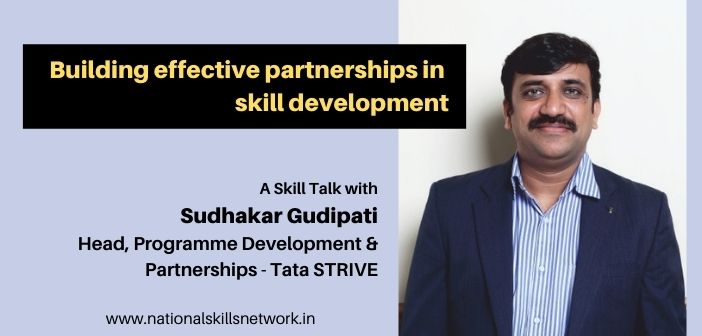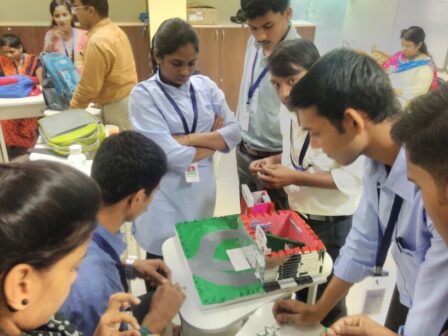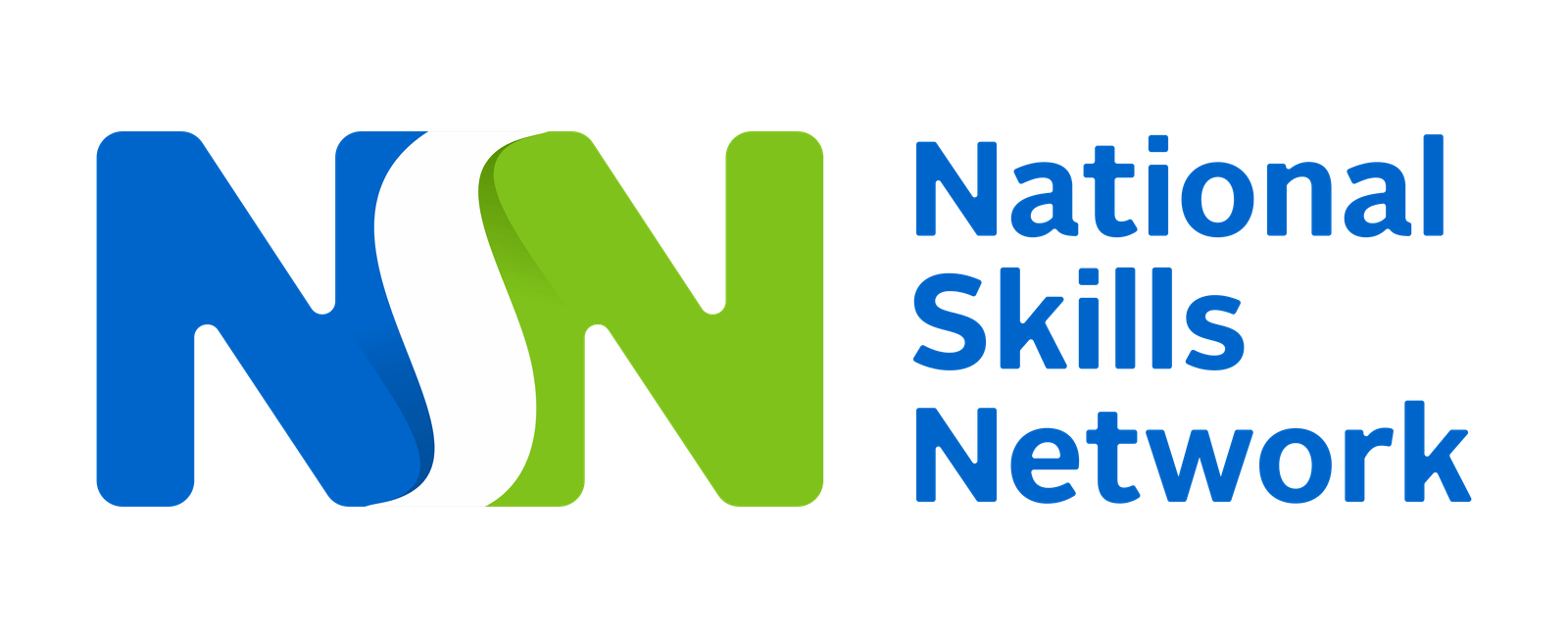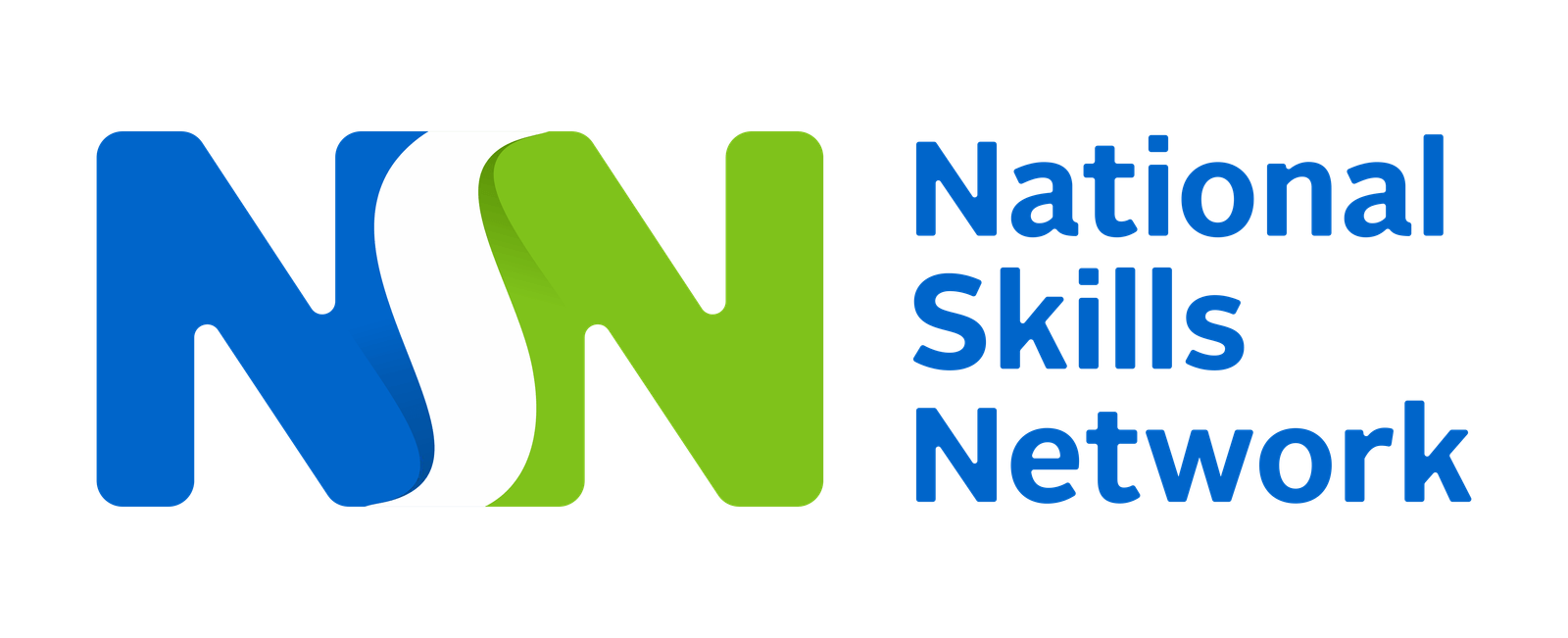Sustained collaborations, strategic partnerships, and effective cooperation between organizations and stakeholders are critical to ensure quality with scale in skill development. Tata STRIVE has been actively building effective partnerships in skill development with Tata companies, non-profits, government agencies, foundations, trusts, and banks. Industrial Technical Institutes (ITIs) are a big component of the partnership model.
To understand how to make collaborations work, how one can partner with Tata STRIVE, and how Tata STRIVE brings in knowledge, technology, and process expertise to maintain quality across various aspects in skilling, we caught up with Sudhakar Gudipati, Head, Programme Development and Partnerships, Tata STRIVE.
Learn about Tata STRIVE courses and its initiatives in skill development – https://nationalskillsnetwork.in/tata-strive/
Learn more from the excerpts from our conversation or you can also watch the interview on our YouTube channel, for which the link is given below.
Q: How does one partner Tata STRIVE to contribute to the skilling ecosystem?
A: When we started Tata STRIVE 6 years ago, our goal was to set up centres and run them to create an impact in the country. We wanted to create one of the most collaborative models in the country. This way, apart from impacting youth in the formal and informal sector, we will also help in strengthening the ecosystem. Partnerships are an extremely critical aspect at Tata STRIVE. We partner with various organizations, governments, NGOs, corporates, academia, etc.
There are several types of partnerships:
- Funding partnership: As a part of organizations’ commitment to CSR, many corporates invest money in skill development. Tata STRIVE has approached Tata Group and other corporates to build partnerships, for funding. We did not restrict it to CSR but we have other types of funding models too.
- Infrastructure partnership: You don’t have to create training centres on your own. There is so much infrastructure already existing in the country, by the way of government ITIs, polytechnics, and other academic institutions. We need to join hands and work with these infrastructure partners to leverage this than by setting up something totally new. We also work with various industry leaders who could help us set up the labs in these centres.
- Knowledge partnership: Tata STRIVE has developed many tools, techniques during the last few years. We want to share this knowledge within the ecosystem to improve overall quality inputs. We also look forward to collaborating with other organizations that can share their best practices. There is no point in replicating or recreating; one needs to collaborate, adopt and implement best practices. At the end of the day, the purpose of all skill development programs is to help youth get a livelihood, and also scale can happen only with collaboration.
- Technology partnership: With changing times, it is important for us to adopt new methods of learning. Tata Group has been supporting Tata STRIVE from the initial days when we decided technology will be an integral part of the operations. From a simple tool like interest inventory to post-placement tracking, we have innovated technology so much over the years. Technology has not only helped in ensuring quality but also in scaling up across India. Tata STRIVE works with a number of implementation partners, who execute programs on behalf of Tata STRIVE. With the use of technology, integrated systems can be developed which are used to monitor the performance of these centres.
- Industry partnership: These partnerships help our students get internships and placements. We have more than 300 placement partners.

Q: How does partnering with Tata STRIVE help organizations in scaling their skilling programmes?
A: One of the challenges for the organizations is they start with scale but quality becomes a concern. On the other hand, there are organizations that do a great job but are unable to scale. To address the issue of quality with scale, technology plays an important role along with collaborations. For example, in the healthcare sector, we have partnered with GE, who in turn partnered with multiple implementation partners, to set up various centres to impart the program.
In another example from BFSI, Tata STRIVE has partnered with almost six implementation partners, who are doing a great job. We have standardized the content and platform, along with trying to get support from Tata Group and other organizations to help with funding. We package this and then work with implementation partners and implement it in the areas they are strong in.
Skill development is a local endeavor. Therefore, we need to work with organizations that are deep-rooted in certain locations. We work with implementation partners, who have a presence in various locations, provide them support, monitor their entire performance using technology-integrated platforms. We are able to reach out to a maximum number of places, without physically being present in that location. This way, Tata STRIVE could spread its presence in 26 states, with almost half a million-youth getting impacted within a period of six years.
 Q: How do we make strategic partnerships work?
Q: How do we make strategic partnerships work?
A: This is a big challenge. Understanding the type of collaboration, type of impact you want to create, before getting into a partnership is extremely important. At Tata STRIVE, we have clear guiding principles – what sort of impact we want to create and who we want to address. Hence, even before getting into the MoU stage, we have multiple deliberations. One is identifying a list of areas to collaborate. We list down, discuss, understand each other’s strengths and then clearly articulate the roles and responsibilities.
Apart from signing the MoU, it is also important to craft the programme and implement it as soon as possible. We have a dedicated team to work on various collaboration opportunities defined in the MoU and ensure that it is implemented in the specified duration.
Q: How does Tata STRIVE maintain quality across various aspects in skill development and training?
A: There are three important pillars to ensure quality. While we begin partnerships with good intent, there could be failures at various ends, like at the leadership end, on-the-ground implementation, externalities, among others.
Tata STRIVE Quality Framework (TSQF) – We ensure that a clear outcome is defined for every partnership. This is the most important thing to drive quality. Once the outcomes are clearly defined and we start the collaboration. While the programme is being implemented, there is a framework called Tata STRIVE Quality Framework (TSQF). TSQF is an end-to-end assessment of the way the operations are being run at the centres, starting from infrastructure up to the quality of placements.
Quality of faculty – We have a dedicated faculty development team that focuses on the facilitation taking place in the classroom. This happens in various ways, the Master Facilitators attend virtual classrooms or sit in physical classrooms, to see how the facilitator is being able to deliver. We also focus on continuous faculty learning, so that they are able to improve their facilitation skills.
Technology – With the help of technology, sitting at far-away places we are able to see what kind of impact is a particular centre creating and are able to collect live information on a day-to-day basis. It is not just about enrolment and placements, but also about the gap between the batches, how many people are getting certified, and other parameters that can be seen on the platform with the help of technology.
Also read: Sustainability in skill development – https://nationalskillsnetwork.in/sustainability-in-skill-development/
Q: How do you perceive skilling from the big picture point of view with reference to short-term training and demand-driven skilling?
A: The demand for short-term courses is going to increase. Quality of implementation is a challenge; digital is going to play a huge role in ensuring continuous learning at any given point. Today, students are able to self-learn, watch videos that explain the theory, and most of the time it is only the practical that needs to be done. If we are able to bring in infrastructure partners together, and if youth can go and practice there and learn through online training, I think then we will be able to solve the problem of short-term training.
Short-term courses should not be confined to traditional Electrical training or training for AC technicians. It is also about emerging technologies and emerging industries. If you are able to craft solutions for the youth, we will be able to address the skill gap.
Look at the kind of jobs that are emerging. Gone are the days where people were looking for permanent jobs. The shift is now towards skill-based jobs. If you have a skill, you get a job and you get your earning. If we are able to aggregate such opportunities, at the national level and make them available for the youth and then create programmes around it, then we will sort out the issues of demand-supply challenge.
And also, we should look at local livelihood opportunities. Today, we do not have a database of what kind of opportunities are there in these districts. For the first time, Tata STRIVE, UNDP, Child Fund, joined hands for research on finding out what sort of opportunities are there at the district level. This helps us understand the gaps in the districts and the aspirations of the youth. If this is sorted, we will be solving the problem of target-driven skilling.
Every player in skill development must look at collaborations as being instrumental to solving the problems. The only way to solve this is by sharing assets, learning, experiences and automatically we can bring in solutions.
Subscribe to our YouTube channel for more updates:
Subscribe on YouTube














Are apparel /fashion courses available in Tata STRIVE?
From where are the trainees certified?
also want to participate in this scheme
SHIV SHIKSHA SANSTHAN KAPASAN FREE EDUCATION PROVIDER INSTITUTE 7014508396